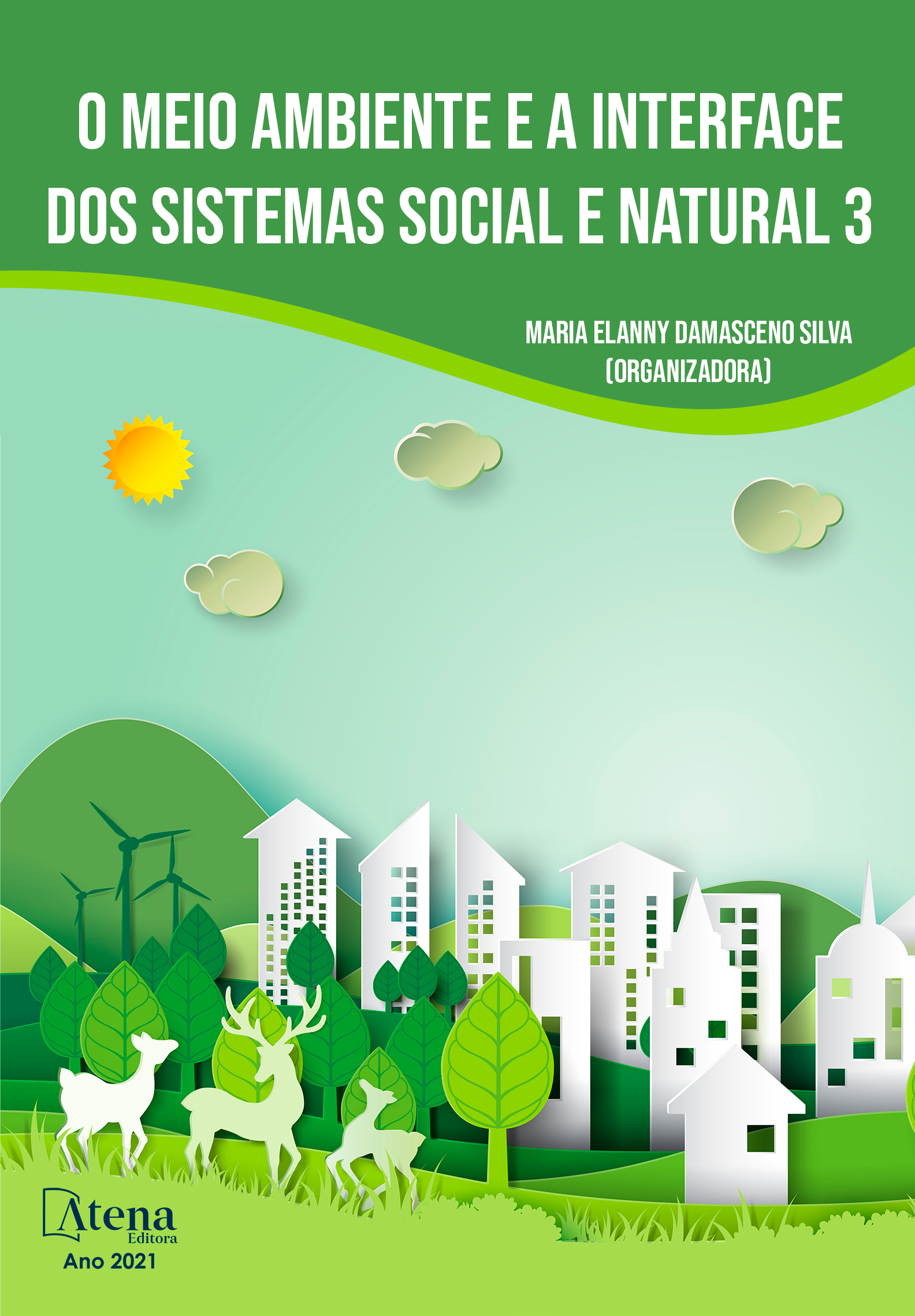
A RELEVÂNCIA DA LEGISLAÇÃO AMBIENTAL BRASILEIRA NA PRESERVAÇÃO DO MEIO AMBIENTE
O artigo que ora se inicia tem como escopo mostrar a importância das leis ambientais brasileiras na conservação dos recursos naturais, visto que o Brasil elabora leis em prol do meio ambiente desde muitas décadas, lembrando que a Constituição Federal de 1988 por ser dotada de tantos direitos democráticos, alguns deles se evidenciam em finalidades de proteger, cuidar e preservar a natureza. Daí a existência do direito ambiental, visto que o artigo 225 da CF de 88 diz que todos os cidadãos têm direito de uma natureza ecologicamente equilibrada, através do bem-estar e qualidade de vida. Neste aspecto, o Estado tem o dever obrigatório de zelar e preservar o meio ambiente para que todos da sociedade sejam amparados legalmente e de forma igualitária. Ressalta-se que a metodologia usada foi a pesquisa bibliográfica através de estudioso do direito ambiental, como Sirvinkas, Souza, Ribeiro, legislações e outros que contribuíram para o entendimento de que as regras de punições criadas pelas leis ambientais na sociedade ajudam a educar as pessoas para esta nova cultura da sustentabilidade, a qual luta pelo equilíbrio do meio social, cultural, político e ambiental. Sendo que esta acontecerá somente com a reeducação cultural do povo que tem direito aos bens naturais e dever de cuidar dos mesmos. Pois, são as ações da atualidade que definirá o futuro das próximas gerações, porém, as práticas governamentais e de muitos civis estão destruindo rapidamente toda a flora e fauna que é patrimônio de todos, por isso, os debates, pesquisas e discussões são essenciais para mudar o amanhã.
A RELEVÂNCIA DA LEGISLAÇÃO AMBIENTAL BRASILEIRA NA PRESERVAÇÃO DO MEIO AMBIENTE
-
DOI: 10.22533/at.ed.11621080110
-
Palavras-chave: Dever. Direito. Legislação ambiental. Meio Ambiente. Sustentabilidade.
-
Keywords: Environment, Environmental Legislation, Sustainability, Law and Duty.
-
Abstract:
The article that begins now aims to show the importance of Brazilian environmental laws in the conservation of natural resources, since Brazil has been drafting laws in favor of the environment for many decades, remembering that the 1988 Constitution for having so many democratic rights, some of them are evident in the purpose of protecting, caring and preserving nature. Hence the existence of environmental law, since Article 225 says that all citizens have the right to an ecologically balanced nature, through well-being and quality of life. In this respect, the State has a mandatory duty to care for and preserve the environment so that everyone in society is supported legally and on an equal basis. It is noteworthy that the methodology used was bibliographic research through a student of environmental law, such as Sirvinkas, Souza, Ribeiro, legislation and others that contributed to the understanding that the rules of punishment created by environmental laws in society help to educate people for this new culture of sustainability, which strives to balance the social, cultural, political and environmental environment. Since this will happen only with the cultural re-education of the people who are entitled to natural assets and duty to care for them. Because, it is the actions of today that will define the future of the next generations, however, the governmental practices and of many civilians are rapidly destroying all the flora and fauna that is the patrimony of all, therefore, the debates, researches and discussions are essential for change tomorrow.
-
Número de páginas: 17
- Leo Rosa Campos
- Dion Piero Pereira Veras


